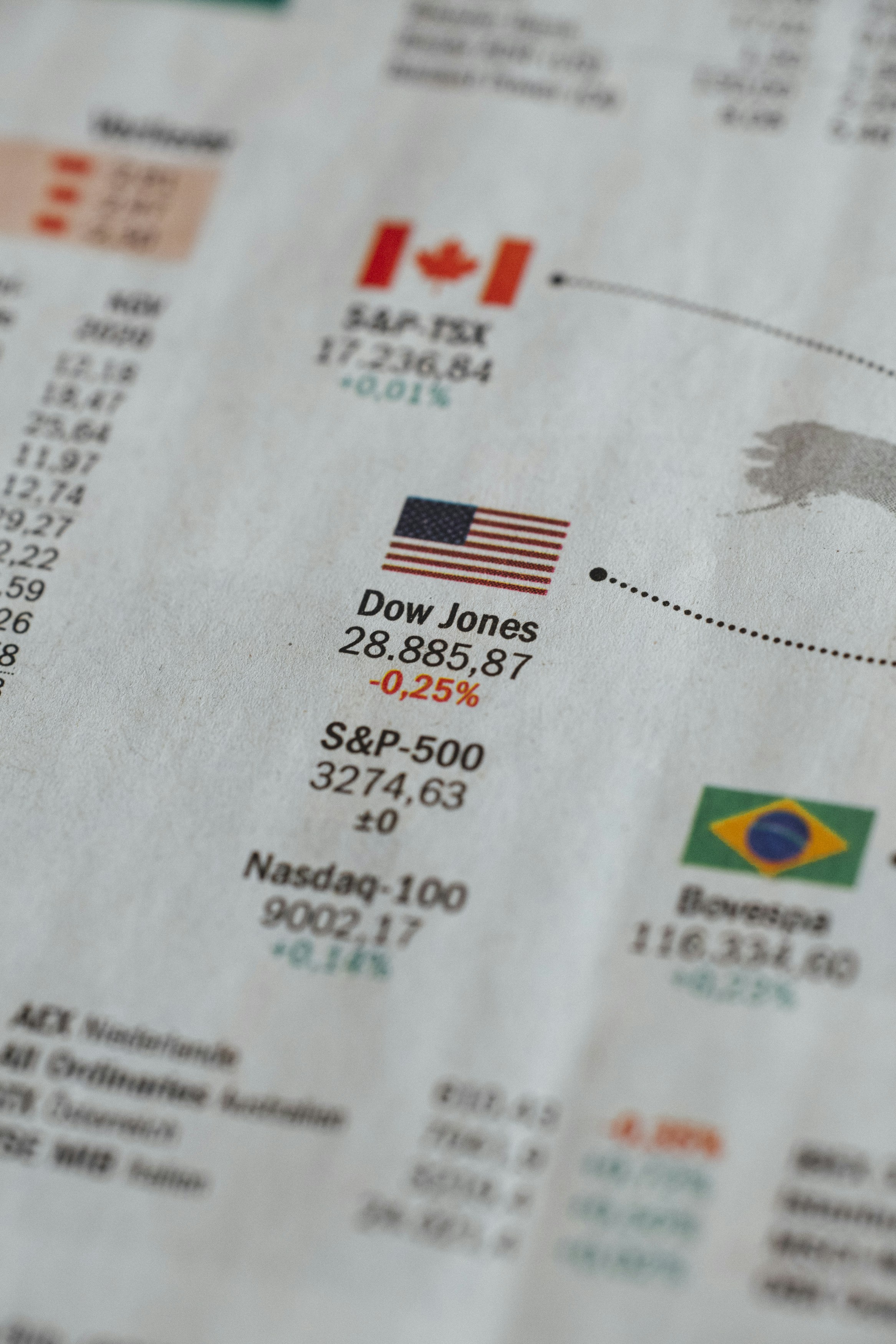
Understanding the AI Market Landscape
As of 2025, the artificial intelligence (AI) market is experiencing significant growth, driven by rapid advancements in technology and increasing adoption across various industries. The sheer volume of data generated daily is propelling AI’s capabilities, enabling organizations to leverage machine learning and deep learning algorithms for insightful analytics. Notably, sectors such as healthcare, finance, and automotive are witnessing transformative changes due to AI integration. In healthcare, AI is enhancing diagnostics, personalizing patient care, and streamlining administrative processes, leading to improved outcomes and cost efficiencies.
In finance, AI technologies are being deployed for fraud detection, risk management, and automated trading systems. These tools are not only enhancing operational efficiency but also enabling firms to make more informed decisions and improve customer experiences. The automotive industry, on the other hand, is rapidly evolving with the introduction of autonomous vehicles, powered largely by sophisticated AI algorithms that process vast amounts of data from various sensors.
The AI market is also notable for its competitive landscape, featuring established giants such as Google, Microsoft, and Amazon, alongside a growing number of startups that are innovating and disrupting traditional business models. These emerging companies are focusing on niche applications of AI, providing tailored solutions to meet specific industry demands. Furthermore, the collaboration between established players and startups is fostering a vibrant ecosystem that accelerates technological advancements.
Meanwhile, the regulatory environment is becoming more crucial as governments worldwide grapple with the implications of AI technology. Initiatives aimed at establishing ethical guidelines and frameworks for responsible AI usage are on the rise. Investors must remain vigilant about these developments, as the regulatory landscape could significantly affect the growth trajectories of AI companies and thereby influence investment opportunities in the sector. Overall, understanding these trends and dynamics is essential for navigating the AI market and identifying promising stocks in this evolving landscape.
Criteria for Selecting AI Stocks
Investing in artificial intelligence (AI) stocks requires a careful evaluation of several critical factors to ensure informed decision-making. One primary aspect to consider is the company’s technology stack. Understanding the underlying technologies and how they position the company in the competitive AI landscape offers insights into its potential for innovation and market capture. Moreover, a company’s growth potential hinges on its ability to adapt to technological advancements and industry shifts.
Market share is another essential criterion. Established companies with a significant market presence often possess the resources to withstand economic fluctuations and continue investing in research and development (R&D). Conversely, emerging startups may represent an attractive opportunity with the potential for rapid growth, albeit at a higher risk. Investors need to weigh the benefits of investing in industry leaders against the allure of investing in innovative newcomers that could explore uncharted market territories.
Financial health is crucial in assessing AI stocks. A company’s balance sheet should be scrutinized for indicators such as revenue growth, profitability, and debt levels. Firms with strong financial positions are typically better equipped to sustain growth initiatives, weather economic downturns, and fund innovative projects. Closely analyzing a company’s management team is equally important. Effective leadership is often a determining factor in navigating the constantly evolving AI landscape and can significantly impact a company’s strategic direction.
Furthermore, grasping a company’s product offerings, partnerships, and collaborations is essential. Partnerships can enhance a company’s technological capabilities by combining strengths with established players, thereby facilitating greater market penetration. Lastly, evaluating R&D capabilities is vital; companies that consistently invest in advancing their AI technologies are more likely to maintain a competitive advantage and secure long-term viability in the marketplace.
Top AI Stocks to Watch in 2025
The growing integration of artificial intelligence within various industries continues to provide robust opportunities for investors. As we move into 2025, several AI stocks stand out due to their innovative business models, recent performance, and strategic initiatives aimed at enhancing growth. Here, we present a selection of top AI stocks to consider.
First on the list is Alphabet Inc. (GOOGL), the parent company of Google. Alphabet’s investment in AI technology through its cloud services and machine learning platforms has positioned it as a leader in the sector. The firm’s advancements in natural language processing and computer vision have bolstered its product offerings, increasing its market share. Additionally, Alphabet’s recent partnerships in autonomous driving and healthcare technology highlight its commitment to expanding its AI capabilities.
Next, Microsoft Corporation (MSFT) has made significant strides in AI over the past few years, particularly with its Azure cloud platform. The incorporation of AI tools such as Azure Machine Learning and the integration of AI into productivity software like Office 365 showcases Microsoft’s strategic direction. With a strong financial foundation and continuous investment in AI research and development, Microsoft remains a compelling choice for stock investors looking to capitalize on the AI revolution.
NVIDIA Corporation (NVDA) also deserves attention, as its graphics processing units (GPUs) are foundational to AI computation. The company has successfully pivoted towards AI-driven applications, providing the hardware necessary for deep learning and AI applications across numerous industries. With demand for AI-driven solutions surging, NVIDIA’s recent partnerships and expansions into new markets indicate potential growth opportunities that can yield favorable returns.
Additionally, Palantir Technologies (PLTR) is noted for its AI-focused data analytics solutions. The company works with both public and private sectors, providing actionable insights through its software platforms. Palantir’s continuous enhancement of its product offerings and strategic focus on AI applications in critical areas like security and finance have fostered strong demand for its services, making it a stock to watch.
In conclusion, the landscape of artificial intelligence is ever-evolving, with companies like Alphabet, Microsoft, NVIDIA, and Palantir making significant contributions. Monitoring their performance and advancements will provide investors with valuable insights into potential investment opportunities as we approach 2025.
Investment Risks and Considerations
Investing in Artificial Intelligence (AI) stocks presents unique opportunities; however, it is crucial for investors to recognize the associated risks. One primary concern is market volatility, which can significantly impact the value of AI stocks. The technology sector often experiences rapid fluctuations due to various factors, including economic indicators, investor sentiment, and product performance. Consequently, this volatility can lead to unpredictable price movements that investors must be prepared to navigate.
Another risk arises from technological disruption. The AI landscape is continuously evolving, with new breakthroughs and innovations emerging regularly. Companies that currently lead in AI may find themselves outpaced by competitors who develop superior technology or adopt innovative business models. As such, it is imperative for investors to continuously monitor advancements within the AI sector to ensure their investment remains relevant in an ever-changing market.
Competition is an additional factor that investors should consider when evaluating AI stocks. Established companies and new startups alike are vying for market share, creating a crowded field. As a result, potential market leaders can quickly lose their advantage, negatively affecting stock performance. Investors must assess a company’s competitive positioning and the sustainability of its business model to avoid substantial losses.
Moreover, regulatory risks cannot be overlooked. As governments worldwide grapple with the ethical implications and economic impacts of AI technologies, new regulations may emerge that could hamper growth or impose stricter operational restrictions on companies. It is essential for investors to stay informed about legislative changes and their potential effects on the industry.
To mitigate these risks, diversification of investments is recommended. By spreading investments across various sectors and asset classes, investors can reduce the adverse impact of volatility in any single market. Additionally, staying informed about industry trends and company developments through diligent research will empower investors to make informed decisions. Ultimately, conducting thorough due diligence is vital for successfully navigating the dynamic AI market.


